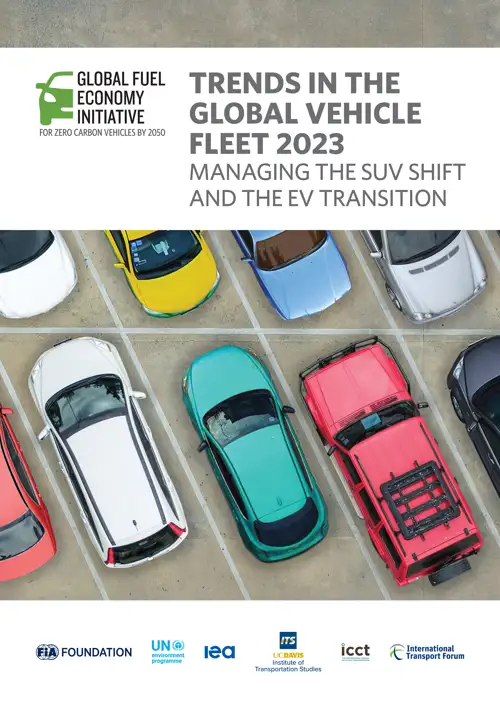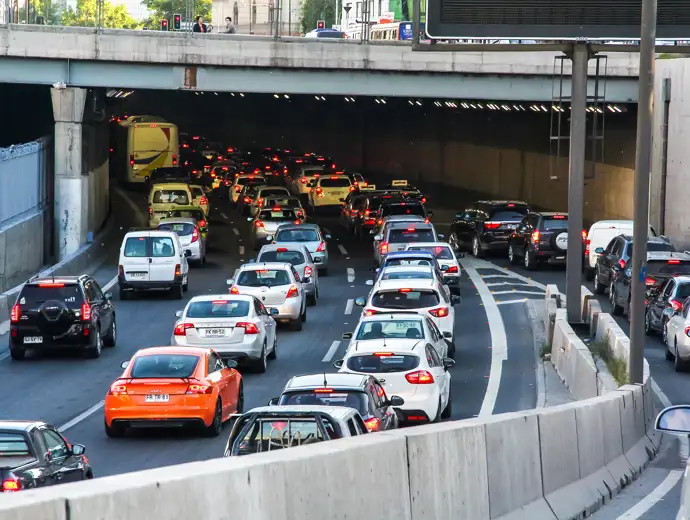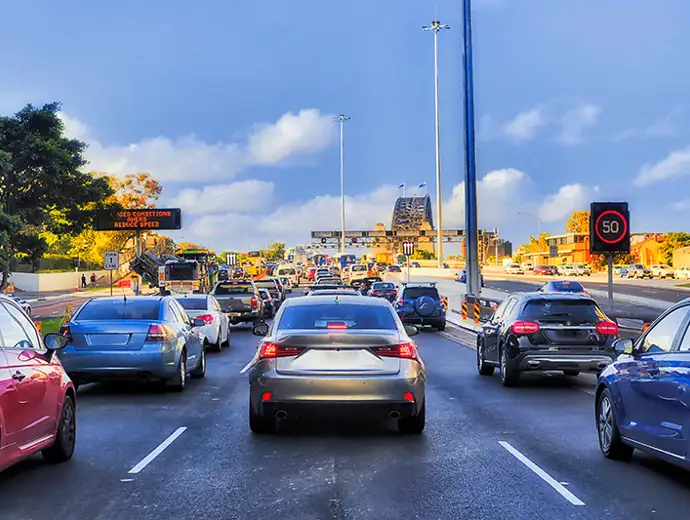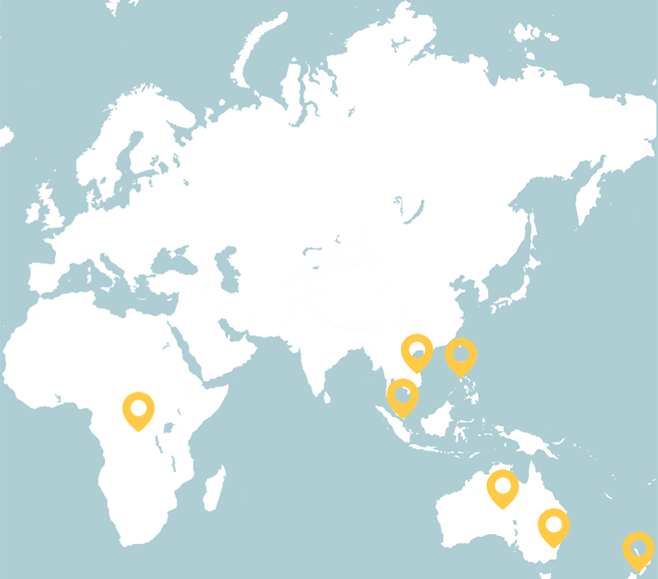
Global action for cleaner vehicles
GFEI is a partnership supporting the global transition to low and zero-carbon vehicles using data, analysis, capacity-building, and advocacy.
Core activities

Provide data and research analysis of fuel economy potential by country and region

In-country capacity-building support for national and regional policy-makers

Outreach and awareness campaign raising to stakeholders (e.g. vehicle manufacturers)

Trends in the Global Vehicle Fleet 2023
This is the latest update of the GFEI benchmarking report looking at the specific fuel consumption of light-duty vehicles (LDVs). It focuses on changes between 2019 and 2022, in particular the impact of Sport Utility Vehicle (SUV) and electric vehicle (EV) market changes.
Latest news

20 October 2025
Chile’s fuel economy policies accelerating efficiency, supported by GFEI

21 August 2025
Downsize EVs to Accelerate Electric Mobility and Diversify Supply Chains, Says GFEI

23 April 2025
GFEI Highlights Importance of Integrated Vehicle Energy Efficiency and Electrification Policy at IEA Training Week

21 May 2024
Australia finally sets light-duty vehicle CO2 emission standard, supported by GFEI partner work

GFEI in action
Learn how GFEI supports country-level analysis and policy change through research and tailored capacity-building.





